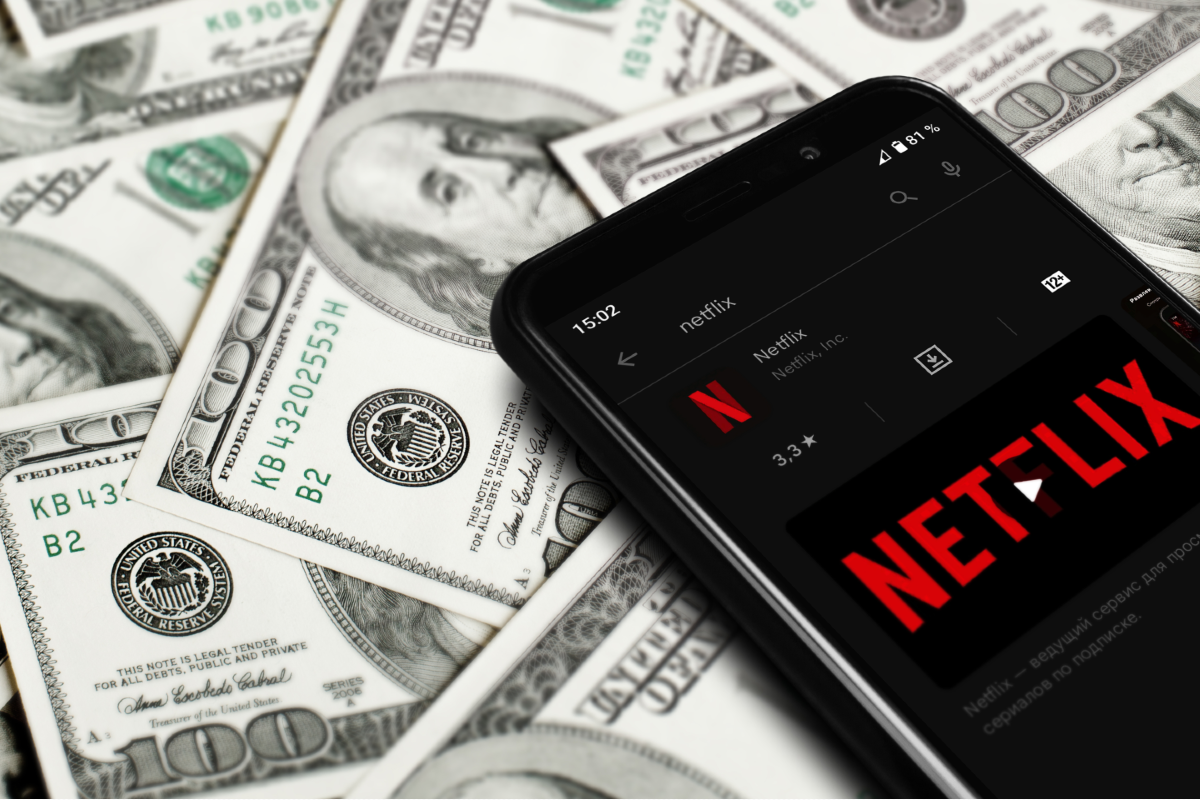5 Tips To Protect Your Digital Privacy – Technologist
Because cell phones and laptops have become a part of our daily lives, cybersecurity – the safekeeping of our data and digital privacy – is a must.
Money expert Clark Howard says that having a plan in place to safeguard your digital privacy is more important than ever. But how and why?
Why Is Digital Privacy So Important Today?
With the prevalence of data breaches and online scams, Clark says an increased emphasis on digital privacy is warranted, although relatively few people have the fortitude to put a strategy in place.
“It’s become a thing where a lot of us have just given up. Our information is just out there and why should we do anything?” he says. “But I don’t feel that way, because each day is another opportunity for an identity thief to try to have a field day as if they’re us. I know it’s a game of Whack-A-Mole, but I play that game.”
It’s a game worth playing: From web browsers that don’t track you to apps that request that your digital data not be used or sold, Clark wants you to take full advantage of the many tools out there that help protect your digital privacy.
In this article, we’ll show you how to safeguard your digital privacy by using online tools as well as practicing some sound advice from Clark.
Quick Links: Digital Privacy
“When you have an opportunity to surf the web, you are being tracked all the time all over the place. But there’s a reaction to that,” Clark adds. “Now there are browsers and extensions you can use with existing browsers that can help protect your privacy a whole lot better.”
Here are some tools that Team Clark uses to keep our data safe. Along with the respective tools, I’ve linked to guides on how to use them.
Along with using tools, let’s go over some practical steps from Clark and how to protect and enhance our digital privacy.
Freeze Your Credit
Clark has been outspoken about the importance of freezing your credit as a safeguard against identity theft and having someone siphon money from your financial accounts.
“A credit freeze is the best way to protect yourself from identity thieves,” says Clark.
The way a credit freeze works is that it prevents anyone from opening up a new line of credit in your name.
Before you freeze your credit, Clark wants you to set up credit monitoring through Credit Karma or Credit Sesame. And no, you should never pay for credit monitoring.
Read our in-depth Credit Freeze Guide.
Watch Out for Phone Scams
As I mentioned at the outset, phones have become so prominent in our lives – but so have phone scams.
Clark has different ways he handles scam phone calls as well as scam phone texts that criminals have become so adept at using.
How Clark Handles Scam Phone Calls
“Consider following my rule,” he says. “It’s a simple rule: If I don’t recognize the number as being from someone I know, I do not answer the call.”
How Clark Handles Scam Phone Texts
“When you receive a text and you don’t know the sender or even if you do know the sender and there’s a link in there they want you to click on, I wouldn’t click on the link unless it’s somebody you absolutely know with certainty,” he says.
The key to staying safe is to know the techniques and tactics of scammers. Read our guide on the common scams to avoid.
Watch Out for Scam Emails
Another aspect of making sure your data is protected is to be careful with the emails you receive.
Clark says the way he stays free and clear of email scams is by adhering to his #1 rule about email scams.
“Do not give up any information, nor click on anything in an email or a text — or share information in a phone call you did not originate.”
You still need to be on guard against:
- Scam email subject lines that could ensnare you to click on them.
- Unaffiliated email addresses: If you notice that the email address of the sender does not look like it came from an organization or email provider you recognize, then it could be a “phishing” attack.
- It says, “You Won!”: Countless people are lured to open emails that promise rewards for contests they never entered. If the deal seems too good to be true, it probably is.
- Contact from businesses you don’t do business with: If you see an email from PayPal, Netflix, Amazon or another large company — but it’s not a company you’ve gotten an email from before — it may not be legitimate.
Make Sure Your Password Is Secure
Many online platforms automatically make you create tough passwords, but if you make it too difficult, you’ll lock the crooks and yourself out!
Password managers may be the answer to help you create a good password.
Although critics counter that even the best password managers can be hacked, Clark says that because criminals are getting smarter every day, the key is to create a moving target.
“Using a password manager, even though there’s a possibility they’ll be hacked, is vastly superior to the terrible passwords we use over and over again,” Clark says.
Read our guide on the best free password managers.
Final Thoughts
Yes, you can protect your information on the internet, but you’ve got to be proactive. Clark stresses that one of the greatest ways to protect yourself and your money is to get a credit freeze.
You also need to familiarize yourself with digital tools that allow you to secure more of your personal information. Finally, you also need to be smart about not trusting emails, text messages and phone calls from people you don’t know.



